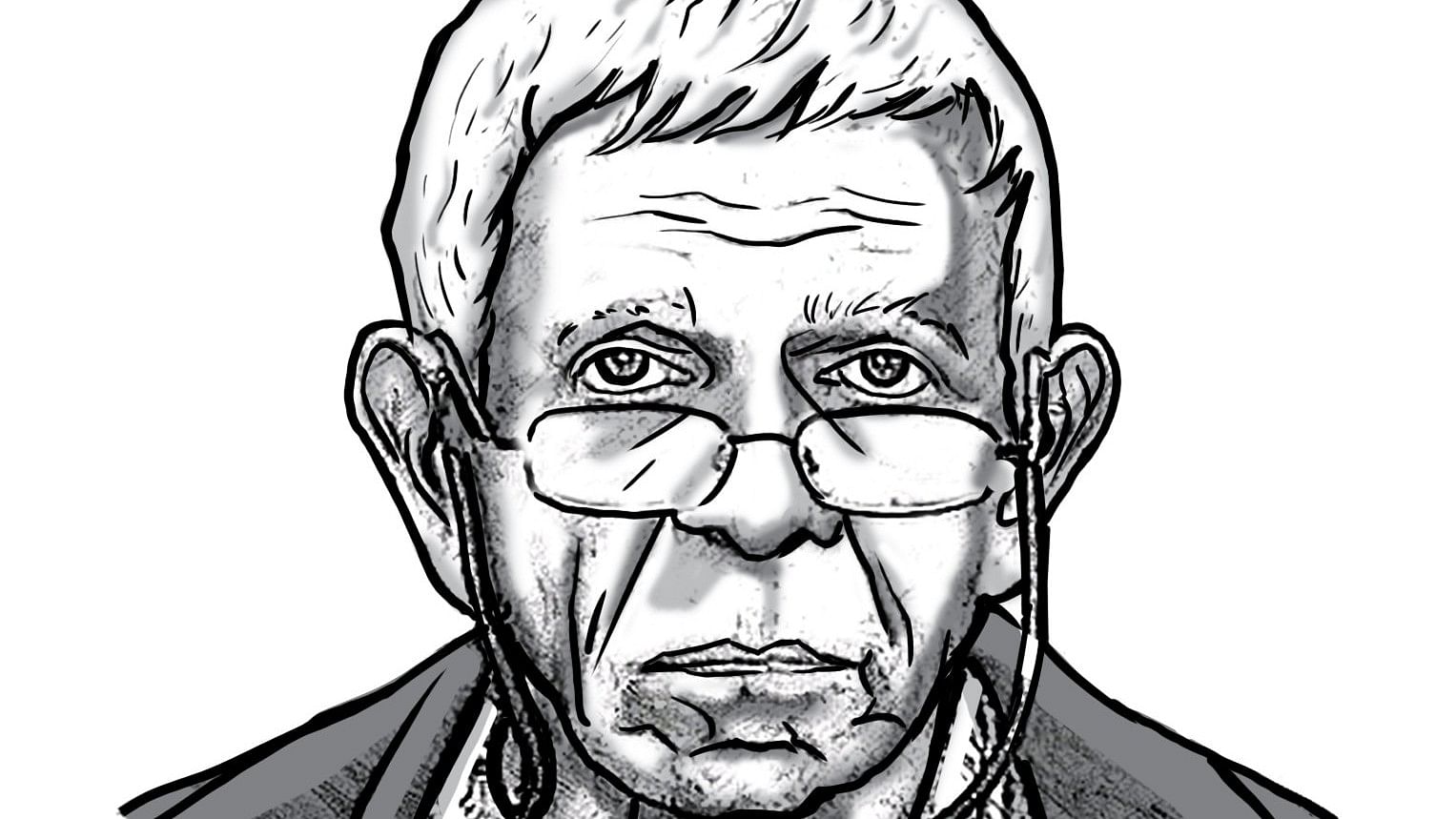
Did you know that, but for the presence of over half a million Indian and Chinese students, a large number of science and engineering graduate programmes in US universities would fold since fewer and fewer Americans have been enrolling in these programmes over the past three decades? If you have a baccalaureate degree in engineering and wish to pursue postgraduate studies in the US, you are in luck since any number of public and private universities would gladly admit you, provided you do not ask for any financial aid.
Before you embark on your journey, though, here are some nuggets of information, none of which have to do with your desire to do cutting edge research or advance the horizons of intellectual inquiry.
Firstly, your MS or PhD research will in some way involve the ‘military-industrial complex’, a phrase made famous by US President Dwight Eisenhower (Ike), himself a military man. In his farewell address on January 17, 1961, Ike warned the nation “giddy with prosperity, infatuated with youth and glamour, and aiming increasingly for the easy life” of the corrupting influence of the “military-industrial complex”. He remarked, “In the councils of government, we must guard against the acquisition of unwarranted influence, whether sought or unsought, by the military-industrial complex. The potential for the disastrous rise of misplaced power exists, and will persist. We must never let the weight of this combination endanger our liberties or democratic processes.”
Did the US heed Ike’s warning? Hardly. If anything, over the last 60 years, the power of the military-industrial complex has only grown, thanks in part to the hugely significant role played by Silicon Valley. For example, in 2022, the US Department of Defence (DoD) awarded a $9 billion cloud computing contract to Amazon, Google, Microsoft and Oracle. According to a DoD release, “the purpose of this contract is to provide the Department of Defence with enterprise-wide, globally available cloud services across all security domains and classification levels, from the strategic level to the tactical edge.” The contract would entail the construction of numerous data centres across the world, and the deployment of thousands of satellites for data transmission purposes.
Data centres consume a lot of electric power during their operation. They generate a tremendous amount of heat whose dissipation, in turn, requires the use of air conditioners, fans or water. As for the satellites which are solar-powered, the space debris resulting from colliding satellites, along with discarded solar panels and back-up batteries can become an issue in the long term as thousands of additional satellites are expected to be launched in support of cloud services. I seriously doubt if any environmental impact studies were done prior to awarding the contract. Even preparing for wars can cause collateral damage, I suppose.
The success or failure of the bombs, bombers and UAVs (‘drones’) produced by the avionics and armament industries is now dictated by Big Tech’s software. Though drones equipped with object-recognition systems and missiles are now commonplace on the battlefield, be it the Russia-Ukraine war or the Israel-Gaza war, the deadly impact of drones was first proven by the Predator system used during the Iraq war. Predator crews became the first combatants in history able to spy on and, eventually, kill an enemy from the opposite side of the globe. The Predator was developed by Abraham Karem, an Israeli-American scientist.
Silicon Valley did not become an integral part of the military-industrial complex overnight. It took some 40 years, just as Silicon Valley itself has evolved over a 70-year period. The Shockley Transistor Company (‘the birthplace of Silicon Valley’) was started in 1955 in Mountain View, a small California town in what was then a largely agrarian area, a region now populated by hundreds of IT companies. The semiconductor integrated circuits which form the core of any computer today all derive from the transistor, an electronic device co-invented by physicists William Shockley, John Bardeen and Walter Brattain in 1948. Prior to starting his transistor company, Shockley served as Deputy Director of the Weapons Systems Evaluation Group at the Department of Defence.
When a group of Google employees protested the involvement of Google in military-related work, the company summarily fired them. Google’s erstwhile motto: ‘Don’t be evil’.
How green was my valley? Was it ever?